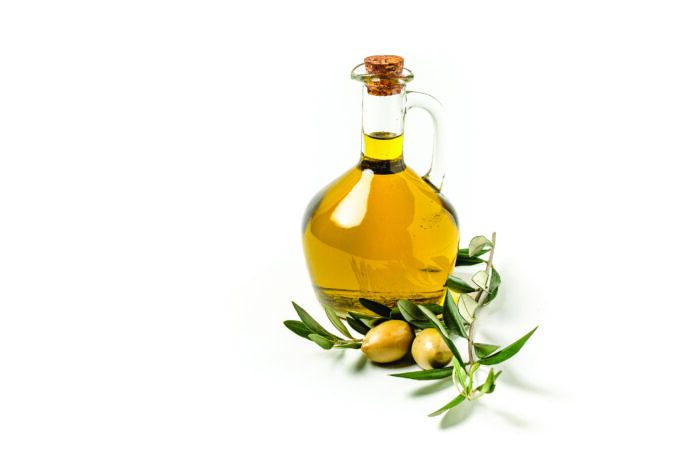Q: Is olive oil (or extra-virgin olive oil) really better for me than other oils?
A: Alice H. Lichtenstein, DSc, Gershoff professor of nutrition at the Friedman School and editor-in-chief of this newsletter, answers: “Actually, almost all plant oils, including olive, soybean, sunflower, canola, safflower and corn, are good choices.
“Olive oil, especially extra virgin olive oil (the first pressing), is often considered an especially good choice because it is rich in phytochemicals. It’s important to understand that, while many phytochemicals show promising anti-inflammatory, antioxidant, or other properties in the lab, there is little or no proof this translates into health benefits in our bodies. Besides, if we consumed olive oil in quantities sufficient to provide significant levels of these compounds, we would likely overconsume calories!
“Foods high in unsaturated and low in saturated fatty acids, like olive and other non-tropical plant oils, are considered healthy because they are associated with lower risk of heart disease and stroke, while foods high in saturated fatty acids and low in unsaturated, like butter and lard, lead to higher LDL (bad) cholesterol levels and risk of heart disease. In general, animal fats are high in saturated fats, while plant fats (like non-tropical oils) are high in unsaturated fats. (We cover this topic in detail on page 6 of this issue.)
“If a fat is solid at room temperature, like butter, lard and coconut oil, it is likely high in saturated fat and not the healthiest option for everyday cooking. Olive oil is a good choice, as are other plant oils. Choose based on flavor preference and role in food preparation. For example, a little sesame oil can add a lot of flavor to a stir fry.”
Jeffrey Blumberg, PhD, is a research professor in the Friedman School of Nutrition Science and Policy and professor emeritus in the School of Graduate Biomedical Sciences. His research has been focused on the biochemical basis for the role of antioxidant nutrients and their dietary requirements in promoting health and preventing disease during the aging process.
























